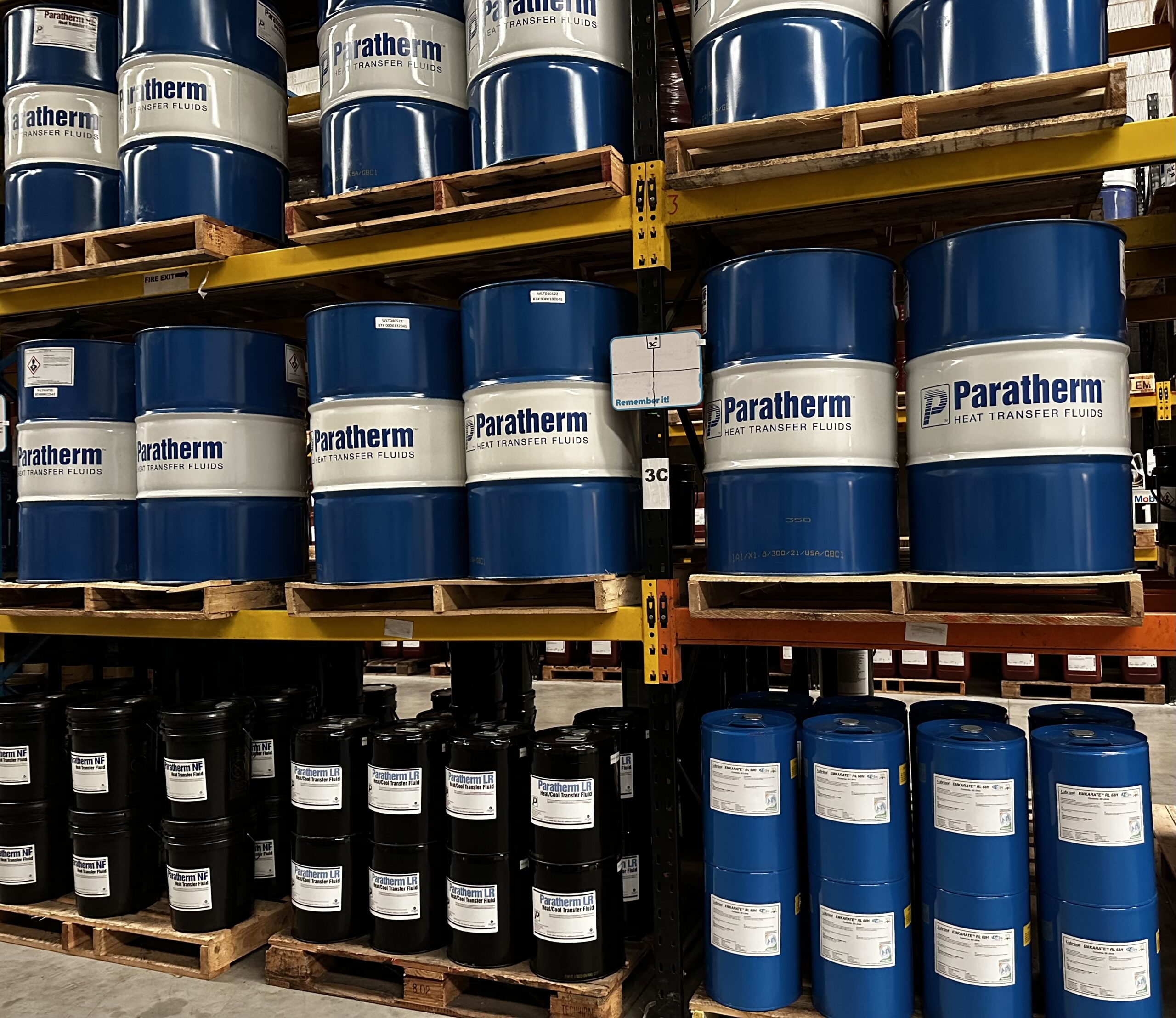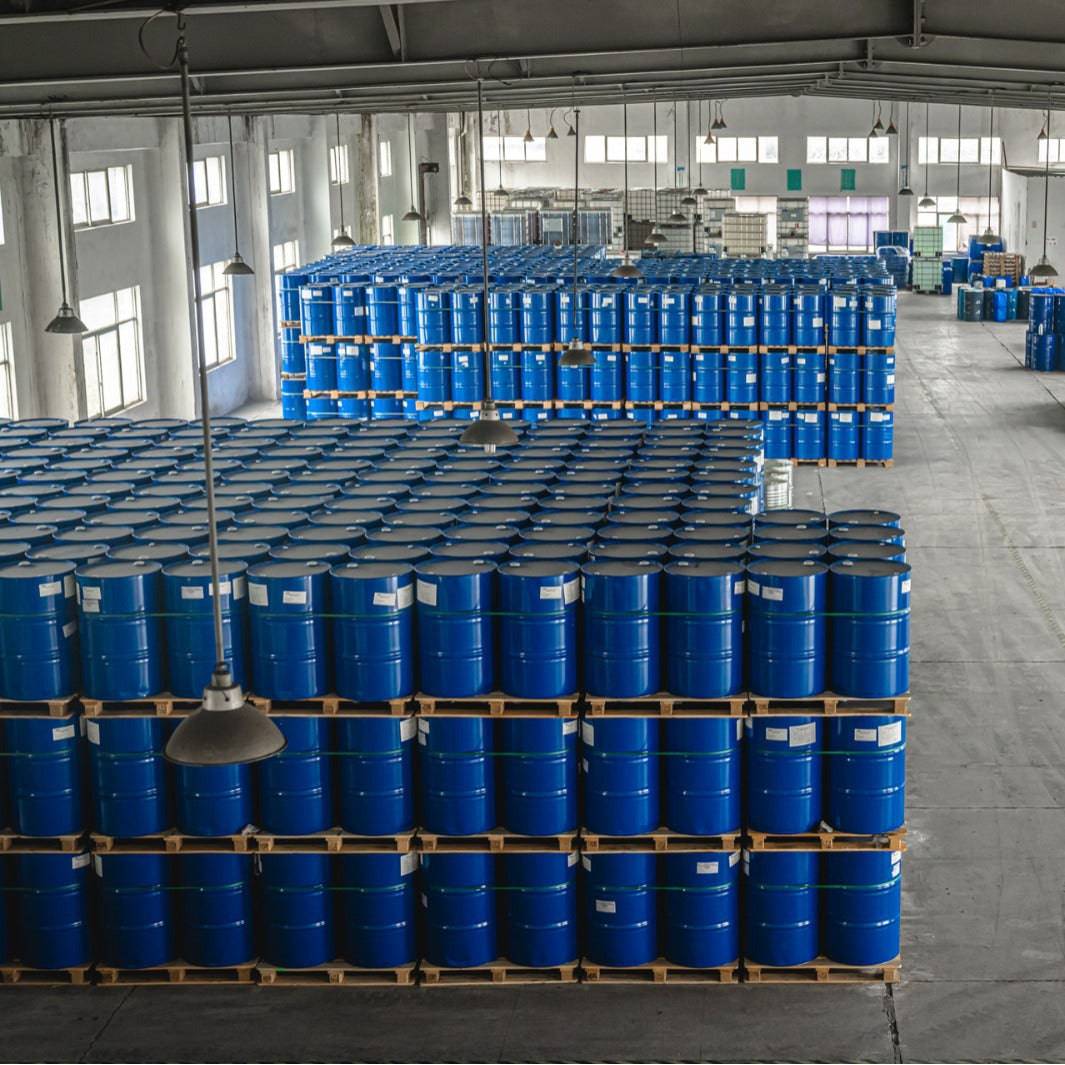The Role of Warmth Transfer Fluid in Enhancing System Performance and Security
In the ever-evolving landscape of commercial procedures, warm transfer fluids (HTFs) arise as crucial parts in optimizing both system performance and security. These specialized fluids, recognized for their premium thermal conductivity and regulated thickness, make it possible for efficient warmth exchange, which is indispensable for streamlined procedures.
Understanding Warm Transfer Liquids
Warmth transfer fluids, typically considered the lifeblood of thermal management systems, play a pivotal duty in regulating temperature throughout different industrial applications. These fluids are important in procedures where heat should be either absorbed or dissipated to maintain optimum operating problems. Industries such as chemical processing, power generation, and manufacturing rely upon warm transfer fluids to make sure tools runs efficiently and safely. By assisting in the transfer of thermal energy, these liquids assist in stopping getting too hot, therefore lengthening the life-span of machinery and reducing downtime.
The option of an appropriate warm transfer liquid is essential to the success of a thermal administration system. In summary, an extensive understanding of warm transfer liquids is essential for maximizing system efficiency, ensuring functional security, and attaining cost-efficient thermal administration remedies.
Secret Characteristic of HTFs

The certain heat capacity of an HTF marks the quantity of heat energy called for to transform its temperature level, affecting just how effectively the system can react to temperature variants. The boiling and freezing factors of HTFs likewise play a pivotal role, specifically in systems subjected to severe temperature levels, making certain fluid security and protecting against stage changes during procedure. Furthermore, the chemical stability of HTFs under differing thermal problems is important to avoid deterioration and expand fluid life. Finally, compatibility with system products is needed to prevent deterioration and product destruction, ensuring long-term functional dependability. These properties jointly notify the choice of an ideal HTF for details industrial applications.
Enhancing System Performance
To enhance system efficiency with warmth transfer liquids (HTFs), it is crucial to integrate a comprehensive technique that takes into consideration both fluid residential or commercial properties and system layout. The option of a proper HTF is pivotal, as its thermal conductivity, viscosity, and particular warm ability directly affect the efficiency of warm exchange.
Similarly crucial is the style of the heat transfer system itself. The surface area and material of heat exchangers ought to be enhanced to take full advantage of heat transfer performance.
Boosting Operational Safety And Security
Ensuring operational safety in warmth transfer systems requires a meticulous emphasis on both the homes of warmth transfer fluids (HTFs) and the style and upkeep of the entire system. HTFs must have thermal security, low flammability, and proper thickness to decrease threats such as leaks, fires, and system malfunctions. Picking the right HTF is vital as it figures out the system's ability to deal with temperature level fluctuations without compromising security.
The design of the system need to incorporate redundancies and fail-safes to handle prospective dangers effectively. This consists of the assimilation of security valves, stress relief tools, and temperature level tracking systems to spot and resolve anomalies immediately. Regular upkeep is crucial to guarantee that all parts, including pumps, pipelines, and seals, are operating properly and are without wear or rust, which could bring about dangerous leakages or failings.
Additionally, workers in charge of the procedure and upkeep of warm transfer systems need to be adequately learnt safety and security protocols and emergency reaction procedures. Consistent training programs and security drills can dramatically reduce the possibility of mishaps, making sure a safer working setting. Ultimately, a comprehensive method to security-- incorporating fluid choice, system layout, and Get More Info labor force training-- is essential for optimum functional protection.
Sector Applications of HTFs
Extensively utilized throughout various fields, warmth transfer fluids (HTFs) play an important role in improving the performance and dependability of thermal see this site monitoring systems. In the chemical industry, HTFs are integral for preserving exact temperatures throughout responses, guaranteeing product consistency and top quality. They facilitate heat exchange procedures in activators, condensers, and warmth exchangers, thus maximizing energy usage and lessening waste.
In the oil and gas industry, HTFs are employed in both upstream and downstream procedures. They manage temperature in boring operations and enhance efficiency in refining procedures by supplying stable thermal problems. This results in lowered downtime and boosted safety and security, particularly in essential procedures such as purification and fracturing.
The eco-friendly power sector likewise profits substantially from HTFs, particularly in concentrated solar energy (CSP) plants. Here, HTFs transfer captured solar energy to power generators, making it possible for effective power generation. The pharmaceutical market counts on HTFs for accurate temperature control in both synthesis and storage, ensuring item efficacy and security.


Furthermore, the food and drink field utilizes HTFs for pasteurization, sterilization, and food preparation procedures, boosting both product safety and production effectiveness. Throughout these industries, HTFs function as important parts in see maintaining optimum operational performance and safety and security.
Verdict
Warm transfer fluids are vital in boosting commercial system performance and safety and security by offering high thermal conductivity, ideal viscosity, and thermal security. Appropriate choice and maintenance of HTFs improve warmth exchange efficiency, thus improving operational performance. The low flammability of these liquids is critical for decreasing dangers and ensuring secure operations. Comprehensive workers training and normal maintenance even more support the reliability and performance of commercial processes, solidifying the critical duty of HTFs in varied applications.